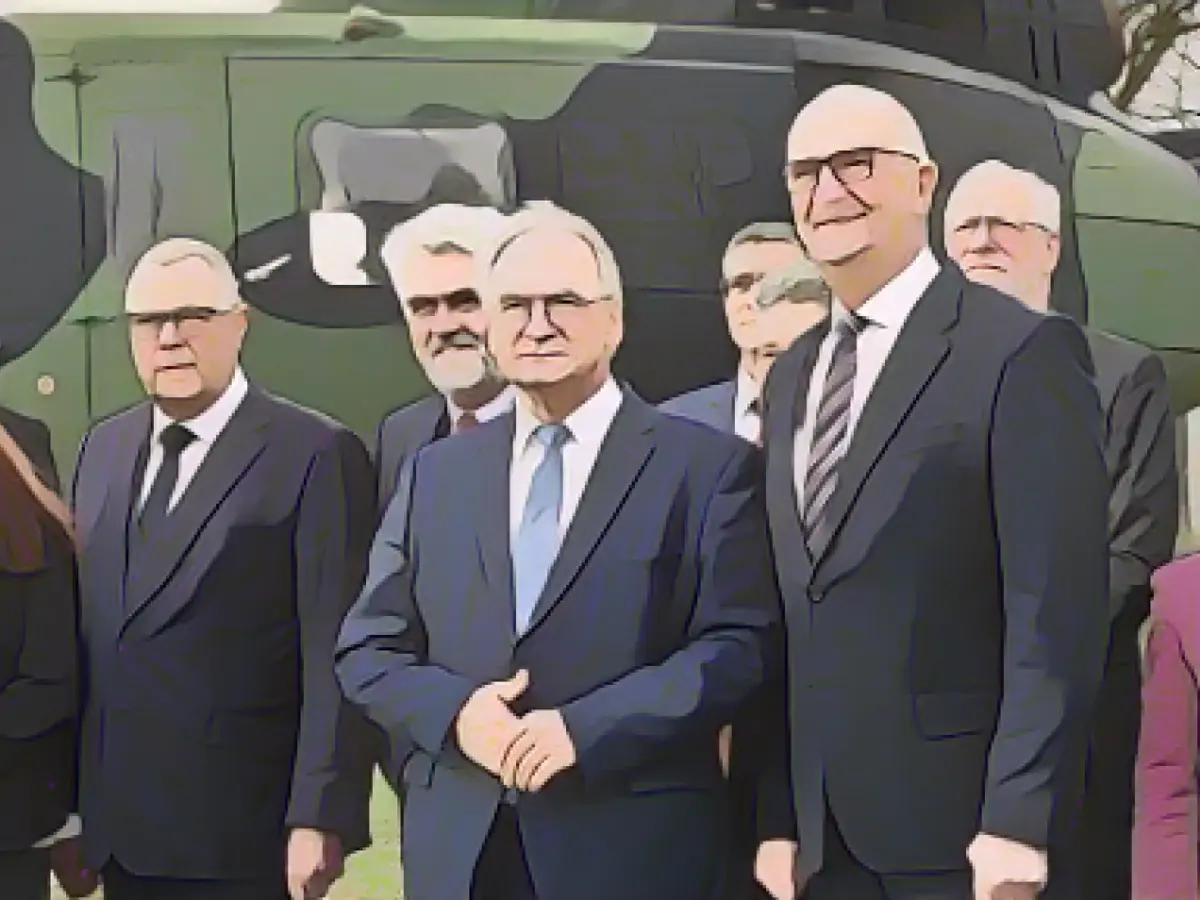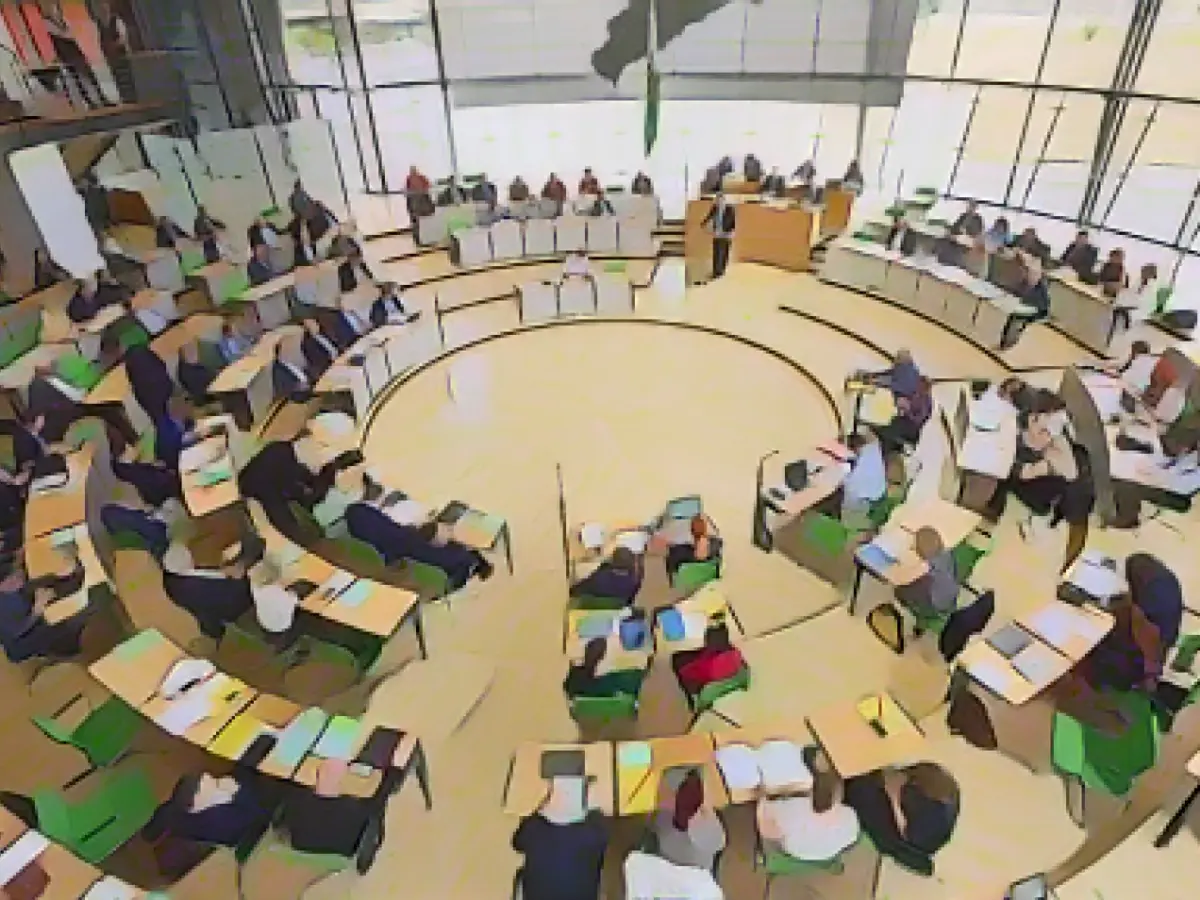Saxony-Anhalt Ponders Over State Dentist Quota Dilemma
The state of Saxony-Anhalt is pondering over the prospect of introducing a state dentist quota. Following a meeting with medical professionals, insurers, and hospital representatives, the state government declared that any such decision would need to meet constitutional prerequisites.
Saxony-Anhalt faces an impending exodus of dentists and general practitioners in the coming years. To fill this void, the state has relied on rural doctor quotas for some time. Post-graduation and further specialization, these aspiring doctors commit to a minimum of ten years in GP medical practice in underserved or soon-to-be underserved regions within the state.
In contrast, the state government doesn't view increasing the number of study places as a promising remedy for the specialist deficit. Instead, retaining young talent in the state and emphasizing its allure is considered essential, as stated by the Science Minister Armin Willingmann (SPD).
Given the impending retirements of numerous dentists and GPs in Saxony-Anhalt, the parliament might soon consider amending healthcare-related laws to introduce a state dentist quota, reflecting the sentiments shared in the latest cabinet meeting led by Armin Willingmann. To safeguard such a move against constitutional constraints, this proposed quota system must be inspected and approved by the Health Committee in the parliament prior to implementation.
Source:
To address the looming dental specialist shortage in Saxony-Anhalt while sticking to constitutional obligations, the proposed state dentist quota must be implemented in a responsible manner. Here are some crucial steps to ensure its effective implementation:
- Legal Foundation:
- Constitutional Honesty: Create a robust legislative framework that upholds the German Constitution. This entails drafting and seeing through laws specifying the specifications and procedures for implementing the quota system.
- Professional Standards:
- Regulatory Bodies: Empower bodies such as the Federal Chamber of Dentists (Bundeszahnärztekammer) to maintain professional standards. These watchdogs can regulate dental education and practice, ensuring that only qualified practitioners engage in dental services.
- Public Health:
- Patient Needs: Design the quota system to cater to the healthcare requirements of Saxony-Anhalt. Thorough assessments of the current dental workforce and future needs are essential to establish a realistic and efficient quota.
- Transparency and Accountability:
- Public Scrutiny: Keep the quota implementation process open and transparent, leaving space for public updates on progress and any challenges encountered. Transparency fosters trust and accountability in decision-making processes.
- Stakeholder Engagement:
- Collaborative Dialogue: Engage with various stakeholders—dental professionals, patients, and local health authorities—to ensure the quota system works for all parties involved. This dialogue bridge helps address potential concerns and smooths the implementation process.
- Monitoring and Evaluation:
- Performance Metrics: Establish measurable indicators to monitor the quota system's performance regularly. Continuous evaluations are vital to determine whether the system lives up to its objectives and if adjustments are required.
- Dental Education:
- Educational Enhancement: Encourage dental education initiatives to increase the number of competent dentists. This could involve scholarships, internships, or other incentives to inspire more students to join the field.
- Retention Strategies:
- Professional Satisfaction: Implement strategies to retain current dentists in the region, offering attractive salary packages, benefits, and work-life balance initiatives to uphold a consistent workforce and reduce turnover rates.
By adhering to these guidelines, Saxony-Anhalt can craft an effective state dentist quota system that identifies the upcoming dental specialist shortage while remaining within constitutional bounds and delivering satisfactory results in the healthcare sector.








